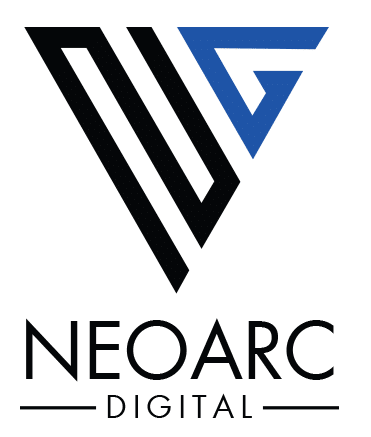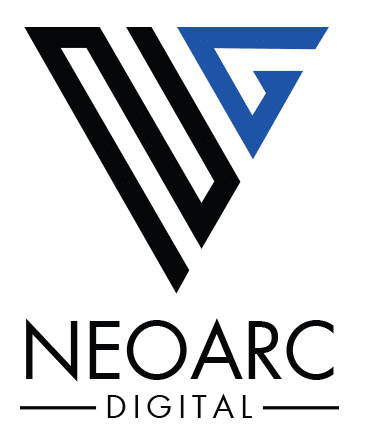AI chatbots have revolutionized the way businesses interact with their customers across various industries, providing a blend of instant service, scalability, and personalized communication. These intelligent systems, powered by advancements in machine learning and natural language processing, offer significant benefits but also face certain challenges. Let’s explore how AI chatbots are transforming customer service and the hurdles they must overcome.
Benefits of AI Chatbots in Customer Service
- 24/7 Availability: One of the most significant advantages of AI chatbots is their ability to provide round-the-clock customer service. Unlike human agents, chatbots can operate continuously without breaks, weekends, or holidays. This constant availability enhances customer satisfaction by providing immediate assistance any time of the day or night.
- Scalability: AI chatbots can handle thousands of interactions simultaneously, making them highly scalable. This capacity is particularly beneficial during peak traffic times, allowing businesses to manage large volumes of inquiries without the need to significantly scale up human resources.
- Consistency in Responses: Chatbots offer a level of consistency that is hard to achieve with human agents. They are programmed to adhere to specific scripts and guidelines, ensuring that every customer receives the same quality of service and information.
- Cost Efficiency: By automating routine and repetitive tasks, chatbots can significantly reduce labor costs. They free up human agents to handle more complex and nuanced interactions, thereby optimizing the allocation of human resources.
- Personalization: Advanced AI chatbots can analyze customer data and previous interactions to deliver highly personalized experiences. They can make product recommendations, remember user preferences, and even anticipate needs based on customer behavior patterns.
- Data Collection: Chatbots are excellent tools for collecting data from interactions with customers. This data can be analyzed to gain insights into customer preferences, behavior, and feedback, which can inform business decisions and improve products and services.
Challenges of AI Chatbots in Customer Service
- Understanding Nuances of Human Language: Despite advances in natural language processing, AI chatbots sometimes struggle with the complexities and subtleties of human language. Sarcasm, idioms, and varied dialects can be challenging for a chatbot to correctly interpret, leading to misunderstandings or unsatisfactory responses.
- Limited Decision-Making Capabilities: AI chatbots are generally programmed for specific tasks and lack the human capability to make nuanced decisions in complex situations. This can be limiting in scenarios that require empathy, judgment, or creative problem-solving.
- Dependency on Quality Data: The effectiveness of an AI chatbot is heavily dependent on the quality and quantity of the data used to train it. Poorly designed training data can lead to inaccuracies in understanding and responding to customer queries.
- Privacy and Security Concerns: With chatbots collecting vast amounts of personal data, there are significant concerns about privacy and data security. Ensuring that chatbots are compliant with data protection laws and securing them against cyber threats are crucial.
- Resistance from Customers: Some customers prefer interacting with human agents over chatbots. They may perceive chatbots as less empathetic or less capable of handling complex issues, leading to frustration and dissatisfaction.
Conclusion
AI chatbots in customer service offer a promising blend of efficiency, scalability, and personalization, but they also come with their set of challenges. As technology evolves, it is likely that many of these challenges will be mitigated. For businesses, the key lies in finding the right balance between human touch and automated efficiency to create a seamless customer service experience that leverages the best of AI technology.




